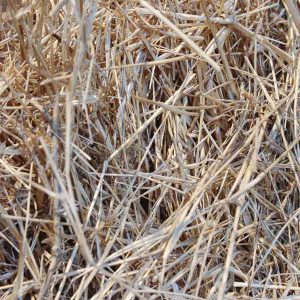
Nutritional Tidbit: Carbohydrates Aren’t All Bad
The most important thing to keep in mind regarding “carbs” is that there are different types of carbohydrates and the...
» View Article
The most important thing to keep in mind regarding “carbs” is that there are different types of carbohydrates and the...
» View Article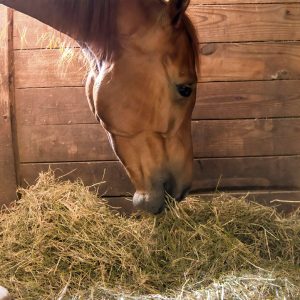
Q: I was told to feed my easy keeper mature, lower quality grass hay. Why, and how do I tell...
» View Article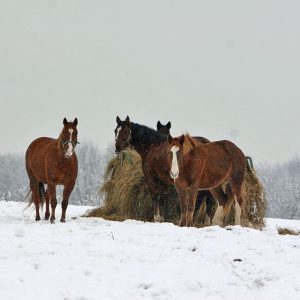
Some horses gain weight when given a winter break from trail riding, training, and/or showing. The extra weight can make...
» View Article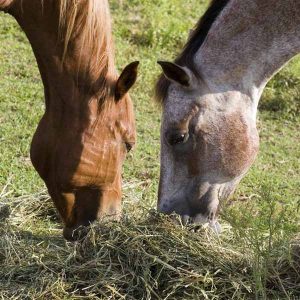
In every aspect of our lives we strive for balance. As owners and caretakers of horses we should also make...
» View Article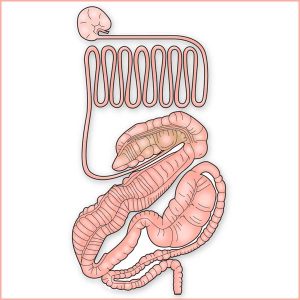
Bugs? What bugs? Horses are hindgut fermenters. In other words, the hindgut portion of your horse’s digestive tract contains millions...
» View Article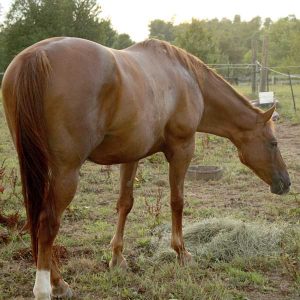
In Clarifying Carbohydrates Part I, we reviewed simple carbohydrates and in Clarifying Carbohydtrates Part II we looked at rapidly fermentable carbohydrates. This Nutritional Minute describes slowly fermentable carbohydrates (fiber) and discusses the concerns associated with all carbohydrates in the equine diet.
» View Article
There are many types of carbohydrates in equine diets, including simple carbohydrates, rapidly fermentable carbohydrates, and complex, slowly fermentable carbohydrates. Your horse digests each type of carbohydrate differently. Some types of carbs are better for your horse than others. Click here for Clarifying Carbohydrates Part I for information on simple carbs. This time we will reviewing rapidly fermentable carbs.
» View Article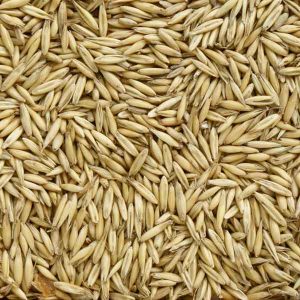
There are three different types of carbohydrates utilized by horses: simple sugars and starches, rapidly fermentable carbohydrates, and structural carbohydrates. This part of our series will deal with simple sugars and starches.
» View Article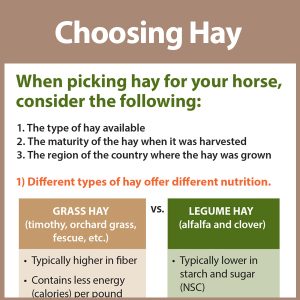
When picking hay for your horse, consider the following: The type of hay available The maturity of the hay when it was harvested The region of the country where the hay was grown
» View Article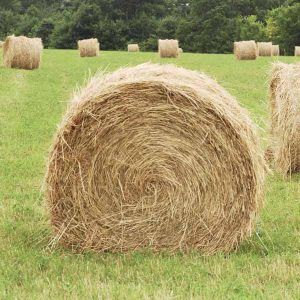
All horses need fiber in their diet and some of it must be the form of long hay. Horses challenged...
» View Article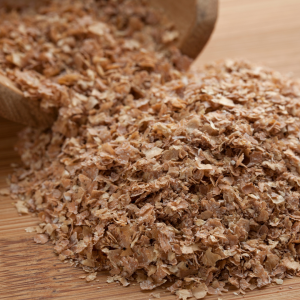
One of the most prevalent myths in the realm of horse nutrition today is that bran mashes are good for...
» View Article
Horses 18 years of age and older are considered geriatric or senior horses. Some horses, like some humans, age more...
» View Article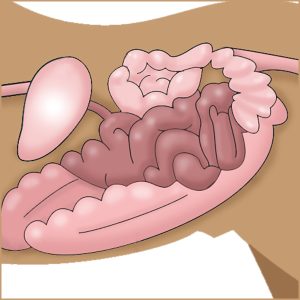
Your horse is a home The digestive tract of your horse is home to millions of microorganisms that aid in...
» View Article
Love takes many forms Approaching the barn you slide the heavy, hanging door back and the deep rumble sets off...
» View Article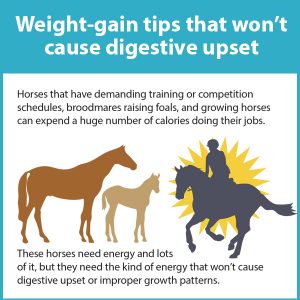
Horses that have demanding training or competition schedules, broodmares raising foals, and growing horses can expend a huge number of calories doing their jobs. These horses need energy and lots of it, but they need the kind of energy that won’t cause digestive upset or improper growth patterns.
» View Article
Can what you feed be making your horse a little crazy? The short answer is yes, it might be. Diets...
» View Article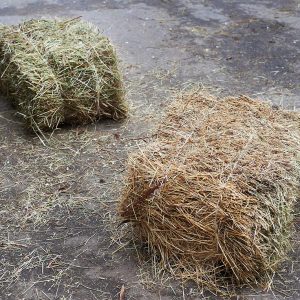
Never cut back on hay to reduce calorie intake; instead, change to a more mature grass hay that will provide...
» View Article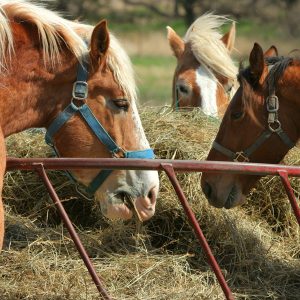
Six indicators to look at when deciding which hay is best for a mature horse: 1) Digestible Energy (DE) is...
» View Article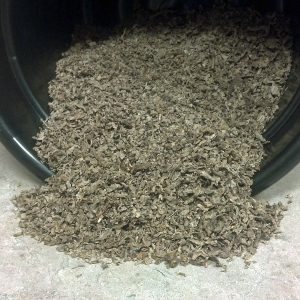
Beet pulp is a byproduct of the sugar beet industry. It consists of the pulp that remains after all the...
» View Article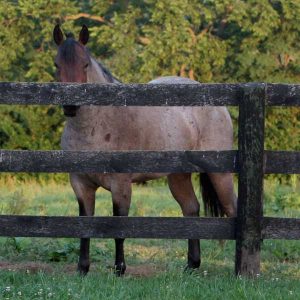
A better understanding of how the horse’s digestion system works has revealed that balancing forage intake with concentrate intake is...
» View Article
What does the guaranteed analysis really tell you? If you have looked at a feed tag you have seen a guaranteed analysis (GA) of nutrients. It is full of minimums and maximums, crude this and that, and lots of numbers. But what does the GA really tell you about the feed you are considering for your horse? A lot!
» View Article
"*" indicates required fields